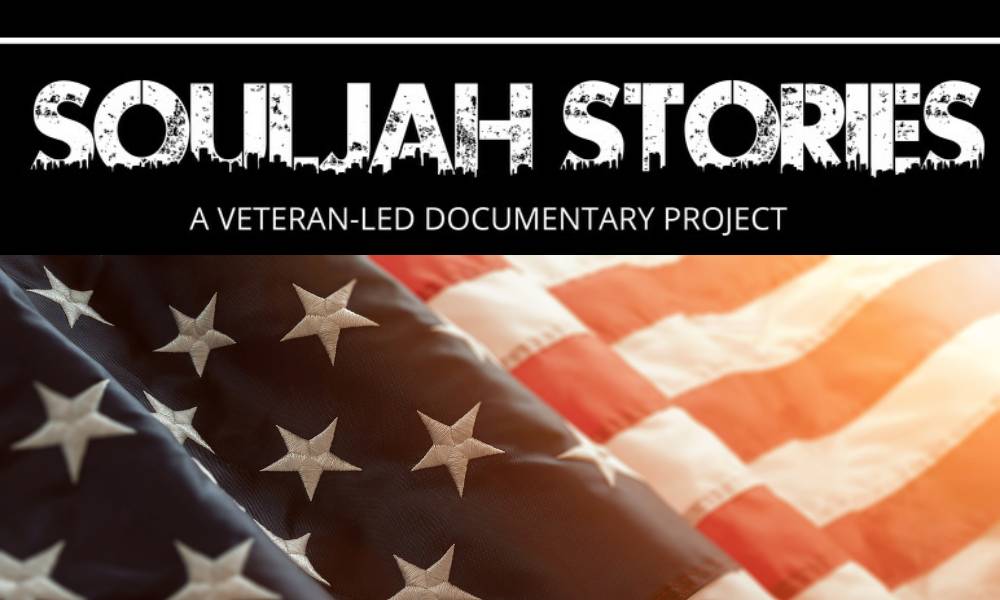
Greg Baker, a former soldier, retired from the Army as an Infantry First Sergeant has laced up his boots for his next mission.
Baker has teamed up with an old Army buddy turned film-maker Thomas White. The duo are in the process of making a documentary to tell the stories of the soldiers Baker led and served with in combat, and the stories of their family members.
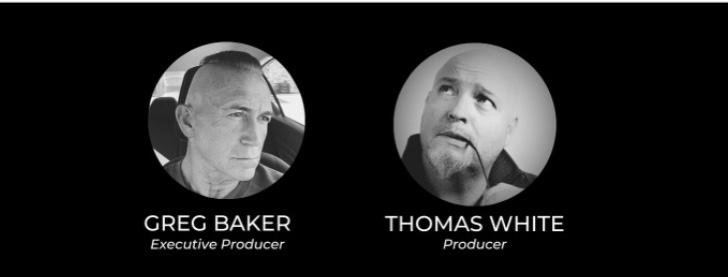
Tragically, despite having deployed to Iraq and Afghanistan 13 times, Baker lost more of his soldiers and friends to suicide than in combat.
“I’ve grown sick of hearing about “22 a day” and I want to do more than “spread awareness””, Baker said. A single number has shaped the way that Americans think about young military veterans. It’s the number 22, as in, 22 vets take their lives each day. The number has become a rallying cry for advocates trying to call attention to suicide among vets, especially those who served in Iraq and Afghanistan.
Souljah Stories: A Veteran-Led Documentary Project will allow the veterans to tell of their experiences before, during, and after combat. Returning home can prove to be a battle, different than war, but no less of a battle. “I believe the greatest contributing factors are feelings of isolation/loss of their “tribe”, loss of a sense of mission, and of the sense of adventure, along with the failure to address and heal from the trauma of a wounded soul. Warriors/especially combat veterans, are tribal personalities, who need a mission and a sense of adventure,” Baker said of the challenges returning soldiers face.
“For years, I wanted to find a way to share my Soldiers’ stories. I saw them do amazing things under the worst possible conditions and wanted people to know what they did and experienced for the Country and for each other. I always imagined this in a before, during, and after-the-Army format. I have a photo of 12 of them who were awarded Bronze Stars for an operation in Sadr City, Iraq in April 2008. I looked at that photo one day and realized that within 90 days of when it was taken, half of them were dead or wounded. So they became my main focus as far as stories I wanted to tell. I more or less envisioned getting in my truck and just going to visit and interview them all over the Country.”
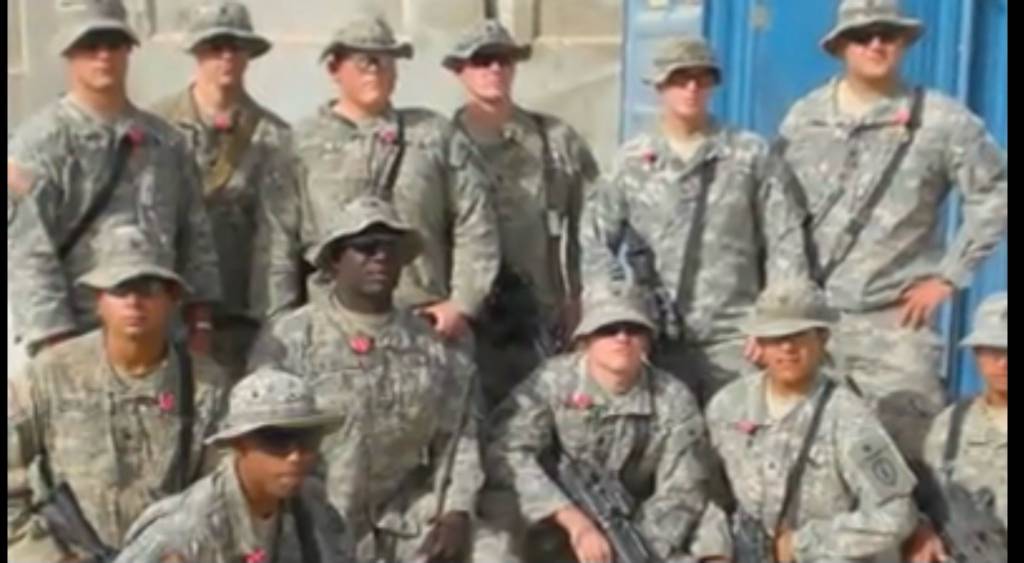
Several months ago, Baker reconnected with Tom White, whom he had served in Korea with. White retired in The Netherlands, and coincidentally, had become a documentary filmmaker. Moment of fate for the two brothers.
“We hadn’t seen each other in 24 years, but as soon as I told him about my idea, he jumped on board. He totally understood my concept, having been through some very traumatic events in his own life,” Baker said.
On June 5th, White arrived in Atlanta, and two days later, the duo hit the road, doing buddy checks and interviews. The project is currently funded through donations. To date Baker and White have raised $9,630.00. These donations have enabled the pair to travel throughout Georgia, Tennessee, The Carolinas, and Alabama. So far, they have conducted interviews with over two dozen individuals affected by trauma. One veteran told the men when they showed up it was the first time anyone had checked on him in 12 years.
The original concept evolved as Baker says he started to learn more about post-traumatic stress, moral injury, and traumatic brain injuries. “The scope grew to include interviews with people from all walks of life who experienced PTS, moral injury, TBI, and to include a look at commonalities across society, as well as solutions,” Baker said.
The documentary will also explore how family members deal with physical and moral injury, and how they’ve overcome and help a wounded soul.
“I’ll also highlight programs that have proven successful in helping veterans, their families, first responders, and everyday civilians to deal with and overcome post-traumatic stress,” Baker said.
Baker says his hope is that by showing that trauma is not unique to those with combat experience, we can close the communication gap that exists between the military/veteran and civilians and find common ground in preventing suicide, drug and alcohol abuse and at-risk behavior for all.
Baker says his goals for the documentary are:
- I want the public to see veterans as people and members of the community.
- I want veterans to learn to see themselves as people and members of the community, rather than letting their vet status define them and isolate them.
- I want people to know the extent of the sacrifice that my soldiers and others willingly made, and the struggles they go through with trying to reintegrate into society.
- I want veterans and non-military to see the commonalities they may share in their dealing with grief, trauma, loss.
- I want to identify solutions, whether via the VA, non-profits, or other efforts that assist with recovery from PTS, TBI, and with reintegration.
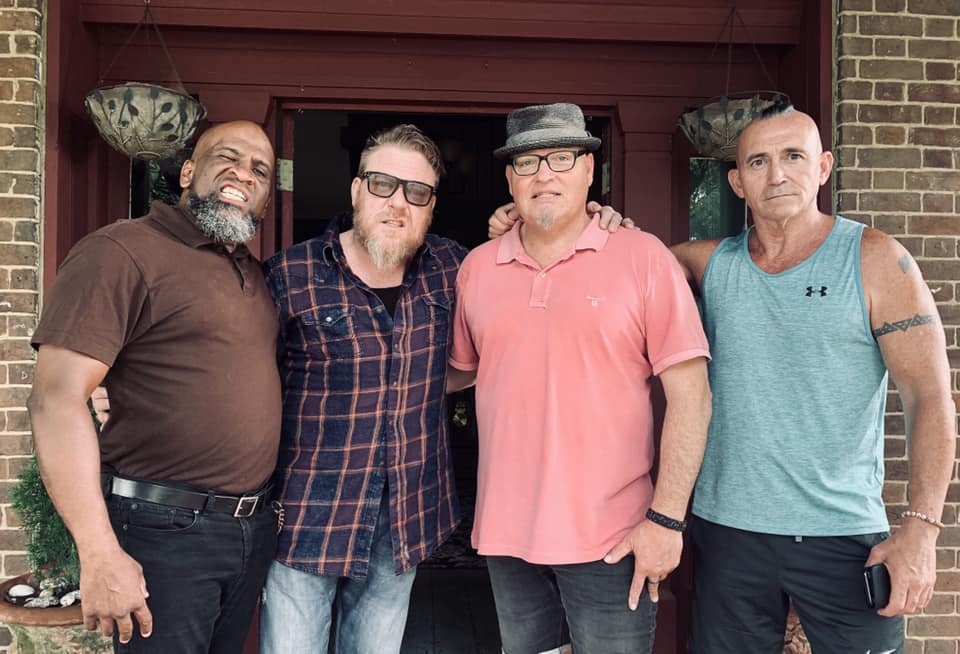
Baker says the journey at this point in one word has been EMOTIONAL. “Seeing and being with them again is awesome. Hearing the way many of them have struggled, whether while still on active duty, as they were transitioning out, with the VA, or with health/family issues is frustrating and infuriating. It’s also caused me to reflect on some of my own issues with PTS and reintegration.”
Ways people can help:
The team says they are always interested in hearing stories and solutions!
They are funded by donations and out of their own pockets for now, so donations are greatly appreciated.
https://www.gofundme.com/f/souljah-stories
About Baker:
Greg Baker grew up in Trion, GA. He joined the Army Infantry in 1984, he was in the Army twice, retired in 2010, as a First Sergeant, with a total of 24 years. He had a 2-year break, in which he was in law enforcement in Dahlonega.
He has been stationed at Ft Ord, CA, Korea, Ft Benning, and Schofield Barracks, Hawaii. Served as an Airborne Ranger Infantryman, with assignments as a scout sniper, reconnaissance team leader, sniper squad leader, rifle squad leader, Pre-Ranger Instructor, Rifle Platoon Sergeant, and Company First Sergeant.
Deployed twice to Iraq (2004-2005, and 2007-2009) for a total of 28 months. He says he managed not to get anybody killed or hurt too bad the first time. The second one wasn’t so lucky.
After the Army, he was hired onto a program called the Joint Expeditionary Team (JET). “This was the greatest job and greatest adventure on earth. It allowed me to deploy 10 times, all over Afghanistan, to embed with our Soldiers and Marines there as an operational advisor. It was like being in the Army, but without the leadership or administrative responsibilities, while being allowed to focus solely on helping with the fight against the Taliban, Al Qaeda, ISIS, and other networks.”
Casie Bryant is the NW Georgia Regional Manager for AllOnGeorgia.

2 Comments
Leave a Reply
Cancel reply
Leave a Reply

Chattooga Opinions
The Joy of the Journey: For Future Generations

Bulloch Public Safety
01/30/2026 Booking Report for Bulloch County

Chattooga Local News
Obituary: Mr. Jeremy Wayne Elrod

Chattooga Local News
Gov. Kemp Declares New State of Emergency Ahead of Winter Storm

Chattooga Local Government
Majority Leader Jason Anavitarte Applauds Committee Passage of Priority Legislation, Senate Bill 382

Bulloch Public Safety
01/20/2026 Booking Report for Bulloch County

Bulloch Public Safety
01/12/2026 Booking Report for Bulloch County

Bulloch Public Safety
01/09/2026 Booking Report for Bulloch County

Bulloch Public Safety
01/05/2026 Booking Report for Bulloch County

Bulloch Public Safety
01/26/2026 Booking Report for Bulloch County



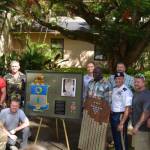
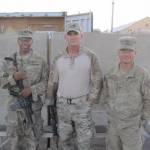
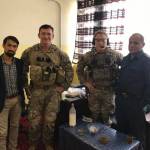


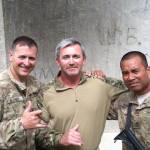



Brad
December 30, 2023 at 1:55 pm
Isn’t this the same Greg Baker that killed Pat Tillman, engaged in coverup and was later reprimanded basically forced out of the military? Why is Patt Tillman story in here. Shame on you Greg!
Mike
March 24, 2024 at 4:44 pm
This is not the same Greg Baker involved the events that killed Pat Tillman.
Pat Tillman was killed in Afghanistan in April 04
This article clear like states that this Greg Baker was in Iraq in 04-05 not Afghanistan.
The Sgt. Greg Baker involved in Tillman’s death was essentially pushed out of the Army in 04
The Greg Baker in this article was in Iraq in still in the Army another 10 years or more after those events took place.
I gotta say though it is pretty irresponsible to jump on a page featuring an article highlighting the traumatic events our troops go through and the effects that are with them years after and start bashing people for a traumatic event that took place in combat.
Whether you thought you had the right guy or not it’s just ignorant to do what you did! The soldiers involved in the Tillman incident already live with the nightmares from that day. No need to remind them as I’m sure they are well aware of what happened.
This particular Greg Baker has done some amazing work helping Veterans over the years.